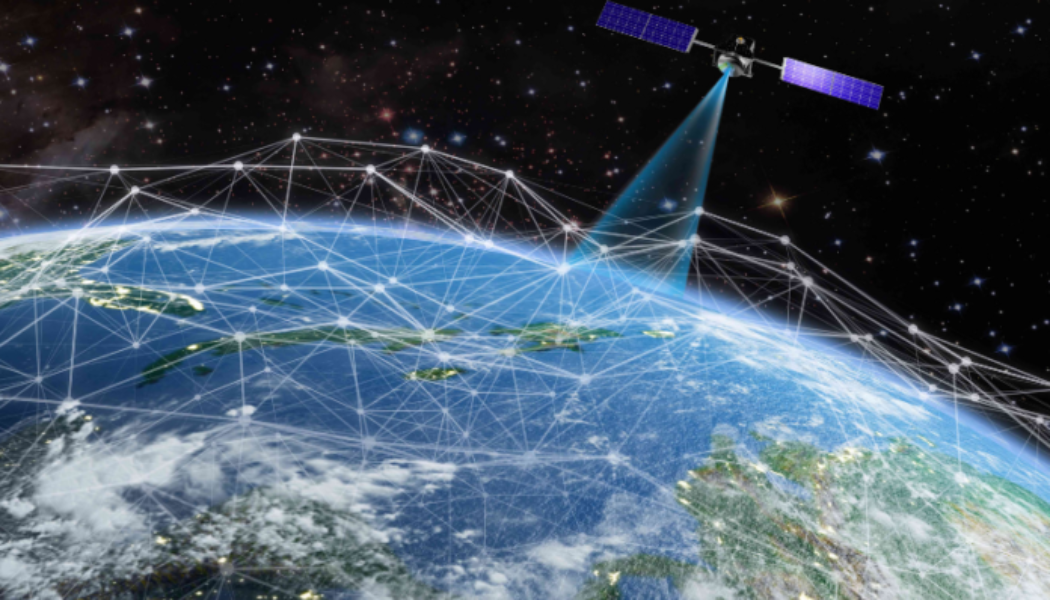Digital Transformation
Why Broadband Connectivity is Crucial to Sustainable Development in Africa
Over the past year or so, digital transformation accelerated at an unprecedented rate in societies around the world. Whether we were working, learning, or staying in touch with friends and family, being online became more critical than ever. Even as vast numbers of people were adapting to their new realities, it became increasingly apparent that equally large numbers of people were shut out from being able to do so. In Sub-Saharan Africa, for example, approximately 800-million people are not connected to the mobile internet. Of those, some 520-million can access the mobile internet but don’t, because of factors such as smartphone penetration and lack of skills while 270-million cannot access the mobile internet because they don’t have the requisite coverage. Across the region, 4G broadband...
How Adobe Sign Facilitates Digital Transformation & Supports Business Continuity
/* custom css */ .tdi_3_101.td-a-rec-img{ text-align: left; }.tdi_3_101.td-a-rec-img img{ margin: 0 auto 0 0; } The impact of the global pandemic on businesses revealed inefficiencies in outdated processes and highlighted the benefits of digital transformation. “There are still many organisations using paper-based document processes that are slow, cumbersome and difficult to manage,” says Jeremy Matthews CEO of Dax Data. “In addition, they are highly insecure and vulnerable to fraud. Digital document processes, in particular E-signatures, have a critical role to play in an organisation’s digital transformation journey; as well as assisting in improved business resilience and continuity”, continues Matthews. The implementation of automated digital processes has an impact on almost all aspec...
How to Tell if Your Website is POPIA Compliant
Sourced from Europa EU. /* custom css */ .tdi_3_e89.td-a-rec-img{ text-align: left; }.tdi_3_e89.td-a-rec-img img{ margin: 0 auto 0 0; } The Protection of Personal Information Act (POPIA) and the General Data Protection Regulation (GDPR) have a significant impact on websites and other digital platforms like social media, email marketing and eCommerce activities. Businesses have until 1 July 2021 to comply and to make their websites compliant. POPIA and GDPR are data privacy laws that affect all business websites that collect data. The regulations are there to protect the online privacy of visitors and it covers how personal data is used and extracted when users visit and interact with a website. Websites collect information in various ways and if a site uses analytics, opt-in forms, WordPre...
How to Find WiFi Dead Spots at Home
Sourced from The Guardian Nigeria We tend to take Wi-Fi for granted at times, expecting it to miraculously work 24/7 and in every room of our homes – even on that remote patio that doesn’t quite reach the wireless router’s signal. As wireless connectivity runs on radio waves, obstructions and interferences come with the territory, resulting in Wi-Fi dead spots where wireless signals can’t penetrate. This means that your wireless devices won’t pick up Wi-Fi signals in these zones, and you’ll have to move to gain Internet access again – a particularly annoying ordeal if you’ve just settled in a comfy, quiet spot away from your kids or colleagues. For a frustration-free connection that you can count on, identifying these network dead zones and fixing them is a must. Let’s look at how yo...







